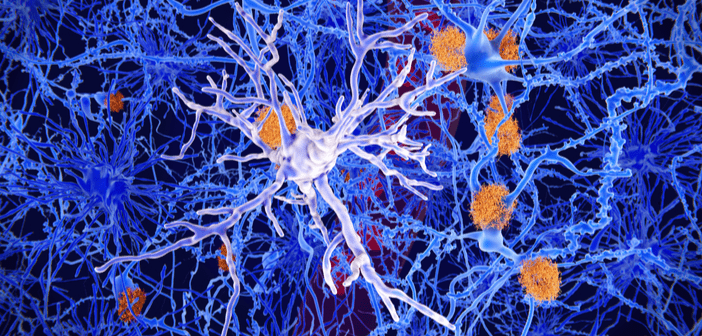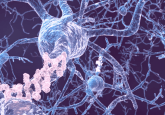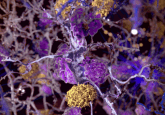YKL-40 protein helps explain link between circadian rhythm dysfunction and Alzheimer’s

A research team based at Washington University School of Medicine in St Louis (MO, USA) has identified a circadian rhythm-regulated protein, YKL-40, which is involved in regulating amyloid plaque accumulation. The authors of the study, published in Science Translational Medicine, suggest that YKL-40 could be a new therapeutic target for treating Alzheimer’s disease. Sleep disturbances and difficulty falling asleep can be early symptoms of Alzheimer’s disease, and can be present before cognitive symptoms appear. “If your circadian clock is not quite right for years and years – you routinely suffer from disrupted sleep at night and napping during the day...





